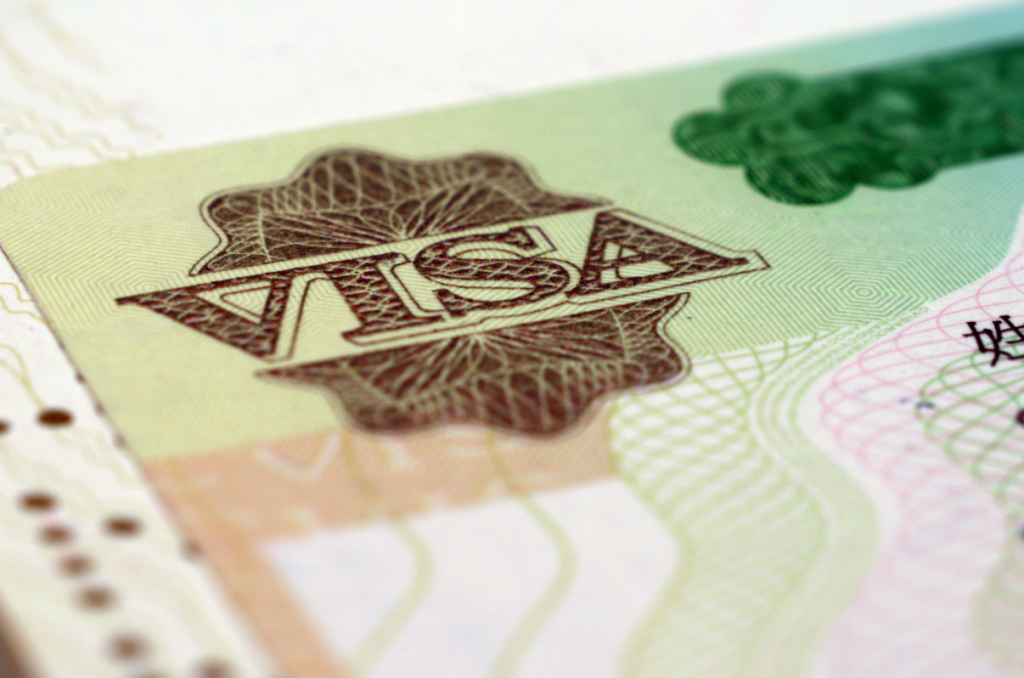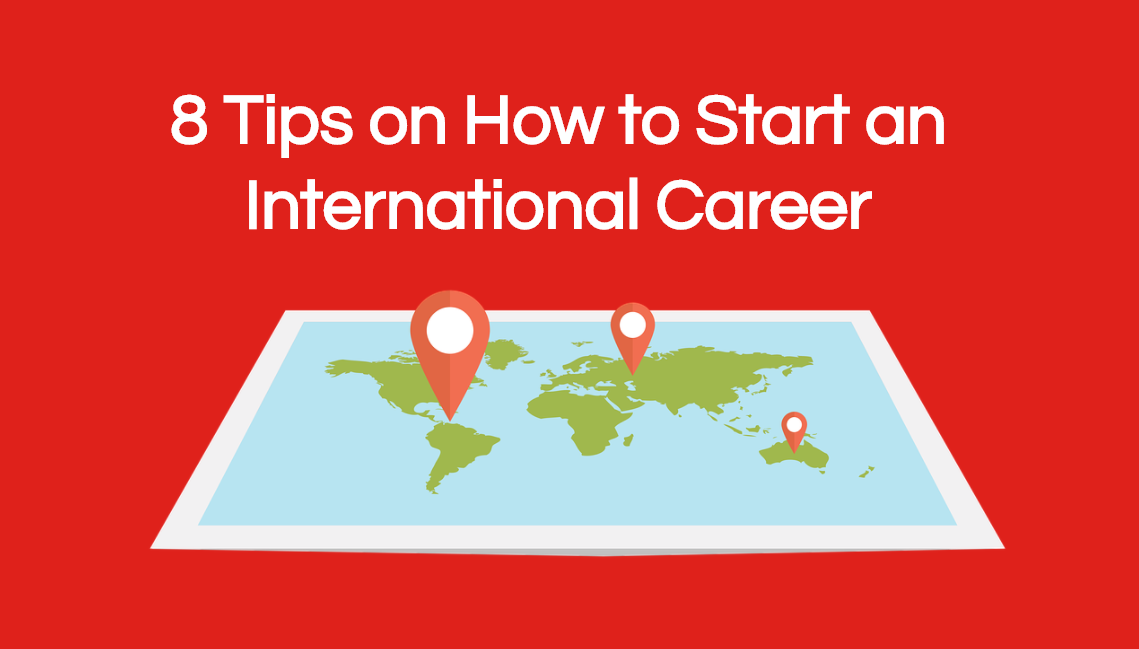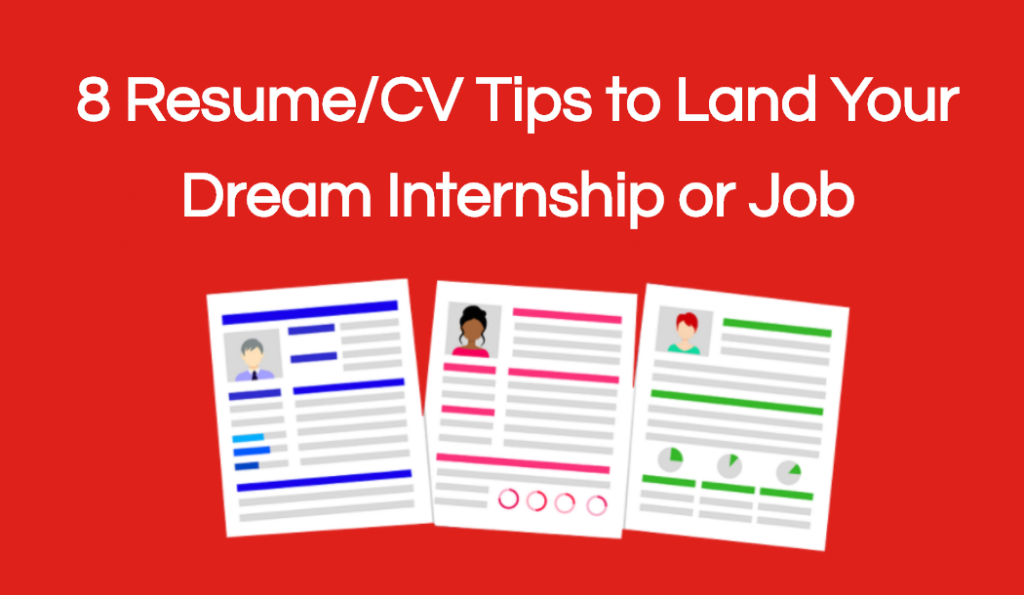8 Tips on How to Start an International Career
Are you someone who is interested in a career abroad? Perhaps you’ve always dreamed of living and working in another country, but not really sure you can simply drop everything and finally go for it?
Well, the truth is that many people who undertake an international career plan very little and simply throw caution to the wind, while others try to plan every step of the way. Whether you’re looking to permanently relocate to a new country and begin your life abroad, or want to simply spend a month or two gaining global work experience, this blog is for you!
Here at CRCC Asia, our entire staff has experience working in a global setting, as this is the nature of what we do! Many of our staff members have spent significant time abroad – traveling, working, volunteering, or attending university – and have shared their tips for how to start an international career. Researching opportunities, polishing your resume/CV, language learning, and more tips will be covered in this blog!
Below, you’ll find our top 8 tips for starting an international career.
Start by doing your homework
Researching opportunities abroad is one of the most important steps you’ll want to take if you’re planning an international career. Before you go anywhere, you should definitely know the types of opportunities that exist for you to get experience with.

No matter where you are going, you’ll very likely find a myriad of exciting opportunities that can help you build towards your international career. Perhaps you’re interested in going to undergraduate or graduate school in the UK. Or maybe you want to volunteer with a medical NGO in Uganda. Or, you may have your sights set on a teaching job in Japan or a law firm in the United States. Whatever opportunities you’ll be pursuing abroad, start by doing your homework.
Understand visa limitations
From a legal perspective, you will absolutely want to ensure you’ve read up on the visa laws of the country or countries you’re planning on visiting at any point.
The fact of the matter is that even with some of the most dynamic passports in the world, you cannot just show up to any country without applying for a specified visa. This is even more applicable for someone who is planning to stay longer than the typical tourism duration, which can range from 30-120 days, or someone who is looking to work in the country.

It is illegal in many countries to partake in work experience which you receive remuneration from, attend university, or conduct other activities without the appropriate visa issued by that country. As we suggested in the previous tip of “doing your homework”, make sure you conduct plenty of research and even consider working with a visa agency to ensure you do things the right way and can enter the country legally!
Polish your resume/CV
If you are applying for a job or other opportunity abroad, you want to make sure you spend significant time reviewing and polishing your resume/CV.
Many people don’t know that each country has very different requirements for what is typically included in a resume/CV, and what information you can leave out. If you want to give yourself the best chance at landing the job you’re going for, you should tailor your resume/CV to the specific country’s guidelines.
We’ve written a comprehensive step by step resume/CV guide which we recommend you check out, as this includes great information regarding these cultural variations and updating your resume/CV.
Learn and understand the application process
Similar to a resume/CV, each country’s job application, interviewing, and hiring processes are vastly different. This is something you want to make sure you understand thoroughly, as this will be the difference between being considered a serious candidate or not.
The process of obtaining employment, being accepted to a university, or landing a volunteer position can differ greatly from country to country. Some cultures conduct a very rigorous hiring process, comprising many interviews, reference requests, and clearances. When it comes to university, it’s no secret that some more prestigious universities have very intense application processes, and the same goes for volunteer opportunities.

All in all, what matters most is taking the time to learn the full process of getting the opportunity you’re going for. What forms and documents will you need to have ready? Is your resume/CV ready to go? Do you have references ready and how many will you need? Will you be required to appear in-person for an interview or can you interview over video call?
It’s always good to ask clarification questions at any point in an application process, and asking questions is something that is normally encouraged by any job or university.
Look for internationally-focused jobs
Although it might sound strange, an international career doesn’t always need to entail beginning your work abroad. There are likely many companies in your home country that are internationally-focused and can help you obtain enriching experience and travel opportunities if you’re not planning to live and work abroad permanently!
For example, may universities have study abroad offices where staff members often have to travel for their jobs. The same goes for internationally-focused companies who offer staff the chance to travel to other offices around the world, or conduct business trips internationally.

There is also the option of working remotely with a company abroad, which would still allow you to gain experience in a new culture and company. CRCC Asia offers great remote internship opportunities in this category!
Study a language
If you’re planning to spend a significant time in another country, it would be a great idea to begin learning some of the language. Not only can language skills help you in your everyday navigation of life in another country, but a certain level of language proficiency may be required for the specific opportunity you are pursuing.

When it comes to language learning, there are many options. There are apps and software (some of which are free!), or you can consider enrolling in a language course online or at your university. Of course, many language learners also state that living in a country and learning from firsthand experience is the best way to master a language!
Make yourself competitive
When it comes to applying for a job or other opportunity, at home or abroad, you need to consider one very important point – are you a competitive applicant?
This essentially means thinking about how your background, experience, skills, and education compare to that of other people who may be going for the same opportunity. What unique experiences, skills, and certifications do you have that would make you a strong candidate? How can you highlight these on your application, resume/CV, and during interviews?

The truth is that being a competitive applicant is something you always should strive for. Undertaking international work experience is a great way to add something unique to your professional portfolio, and getting that first job abroad will likely be a challenge. Therefore, think about ways you can make yourself a more competitive applicant – language skills, certifications, leadership experience, education, connections, and published works are all examples of how to add a competitive edge to your candidacy!
Keep an open mind
When it comes to any new experience, it is a very good idea to try and keep an open mind. Be accepting of new ideas, perspectives, norms, and opportunities, and try not to be so “set in your ways” in a manner that will prohibit you from developing as a professional.
Whether you’re moving abroad for a new experience, or working domestically in an international company, you will likely be exposed to many new things in terms of culture. New foods, new people, new business etiquette and hierarchy, the list can go on and on. As you continue to learn, grow, and undertake more international experiences, allow yourself to be open to accepting these new ideals and cultural nuances.

If you’re someone looking for how to gain international work experience, consider applying to CRCC Asia’s international career-building internships abroad! Our opportunities span 10 global cities and 18 career fields, including our virtual international internship option which includes host companies in more than 70 countries!


